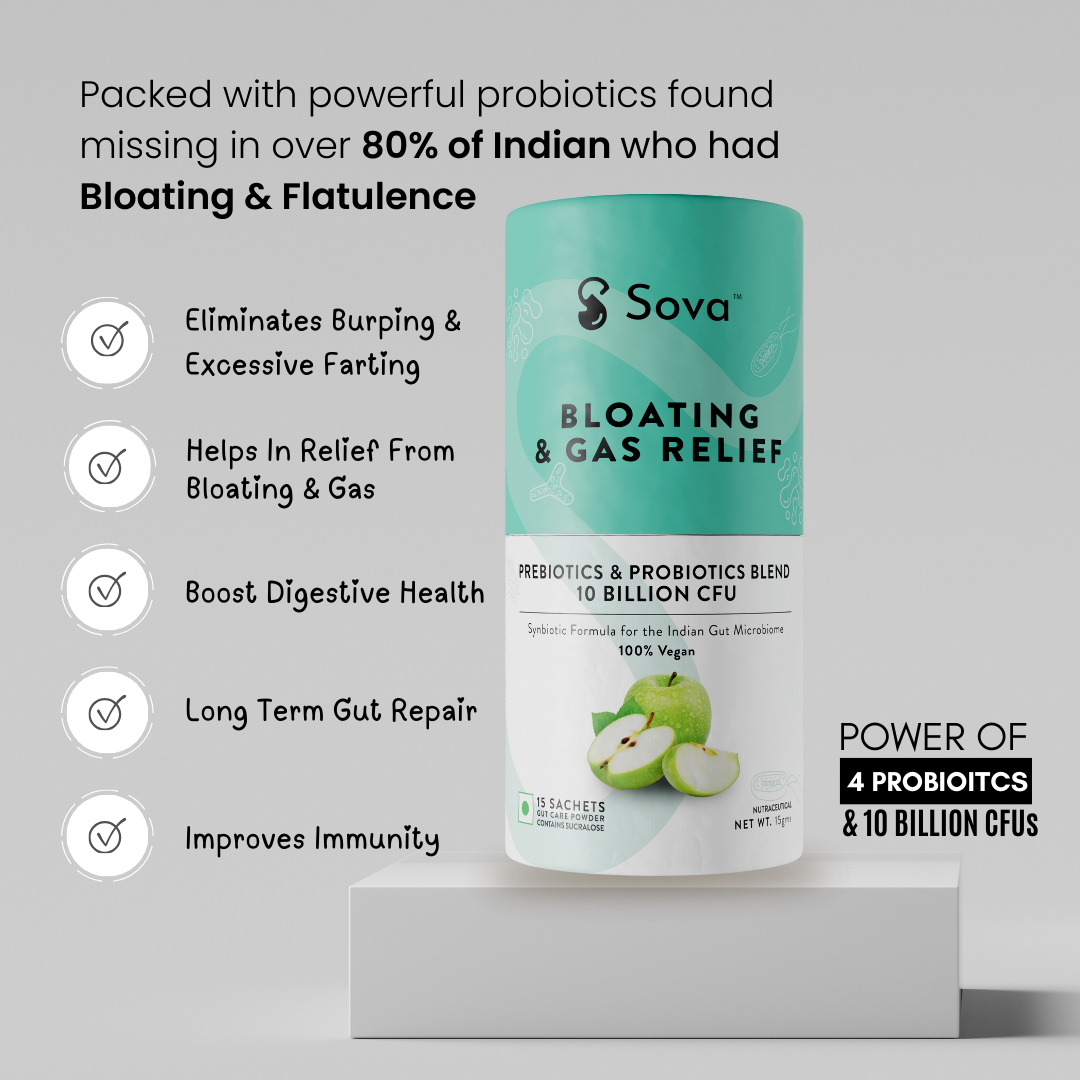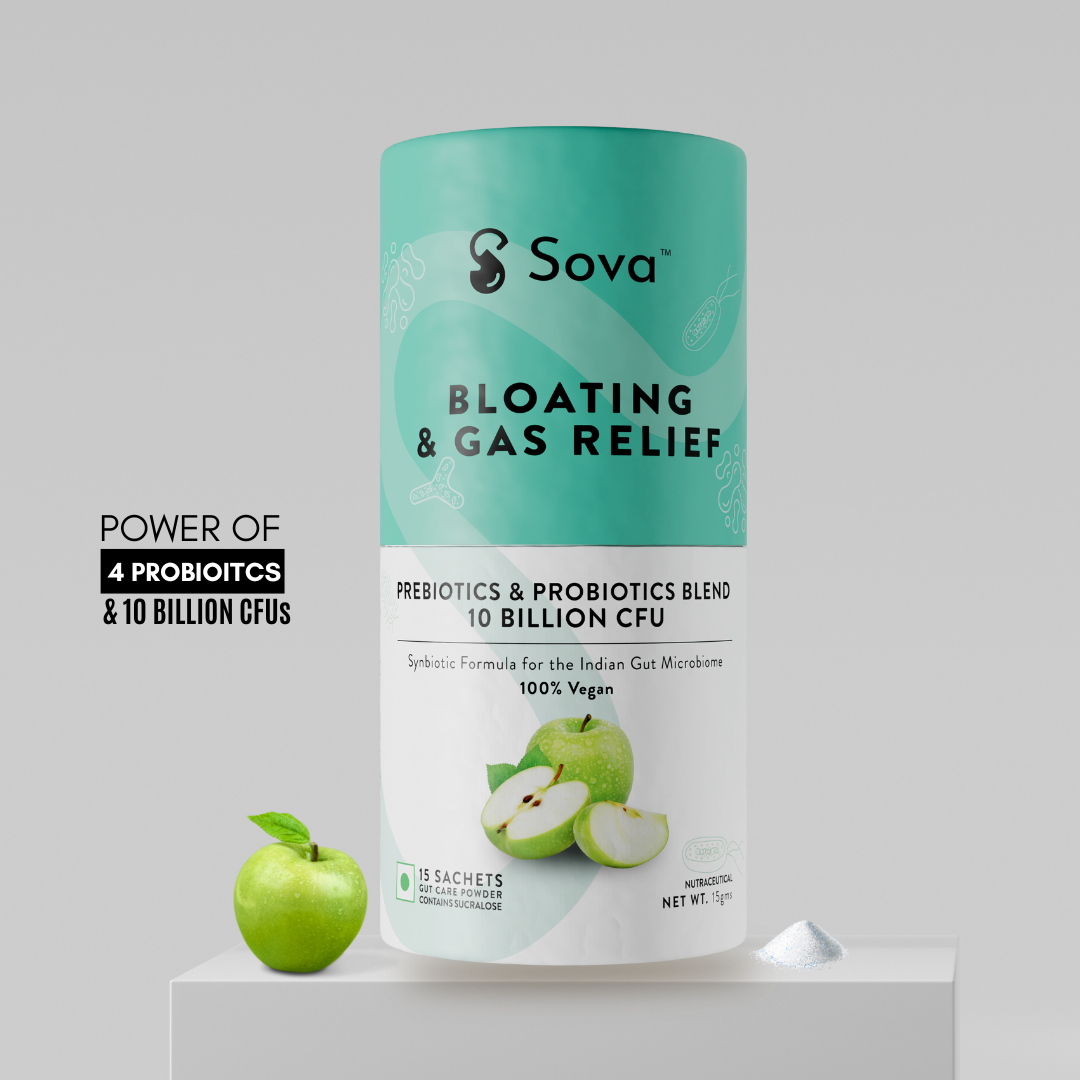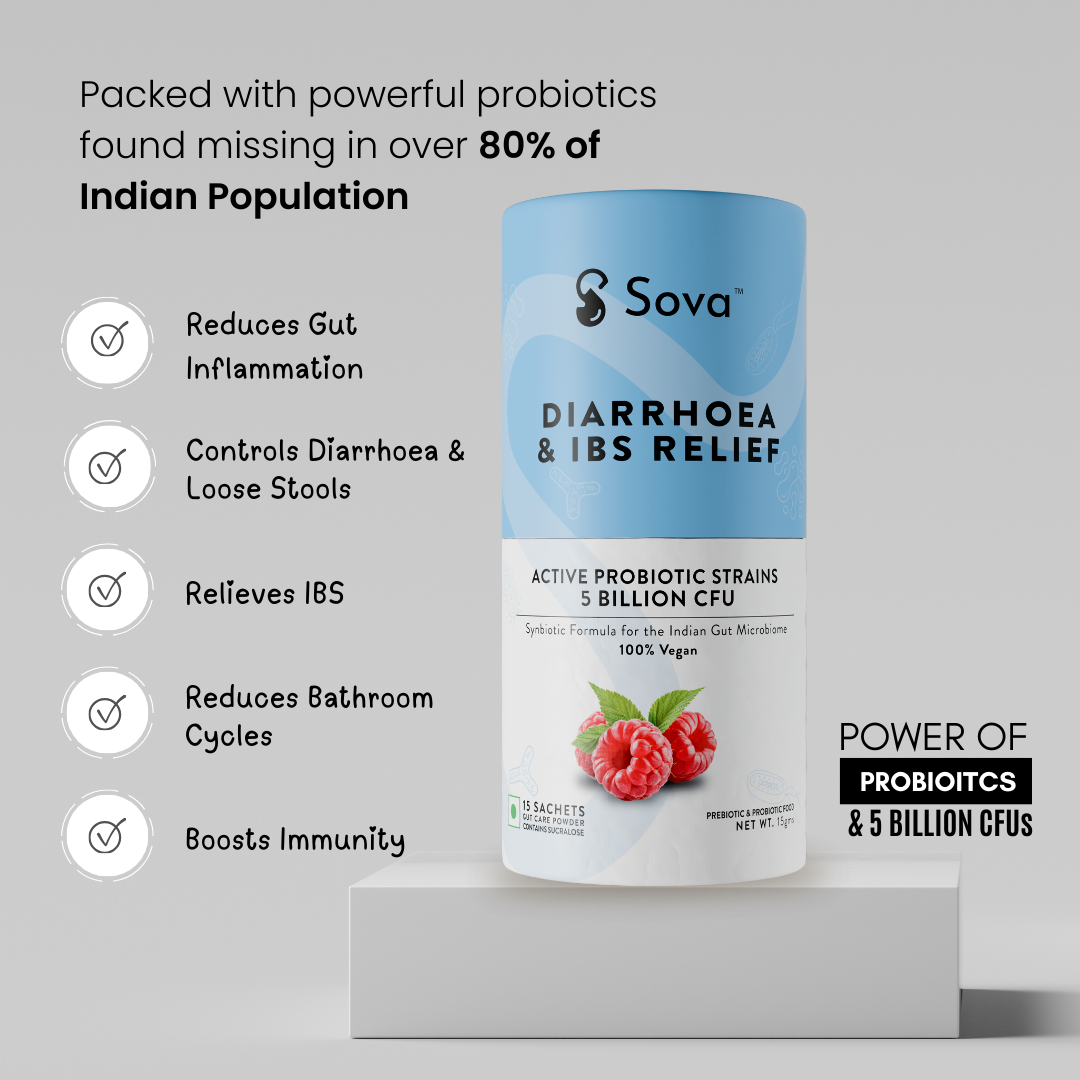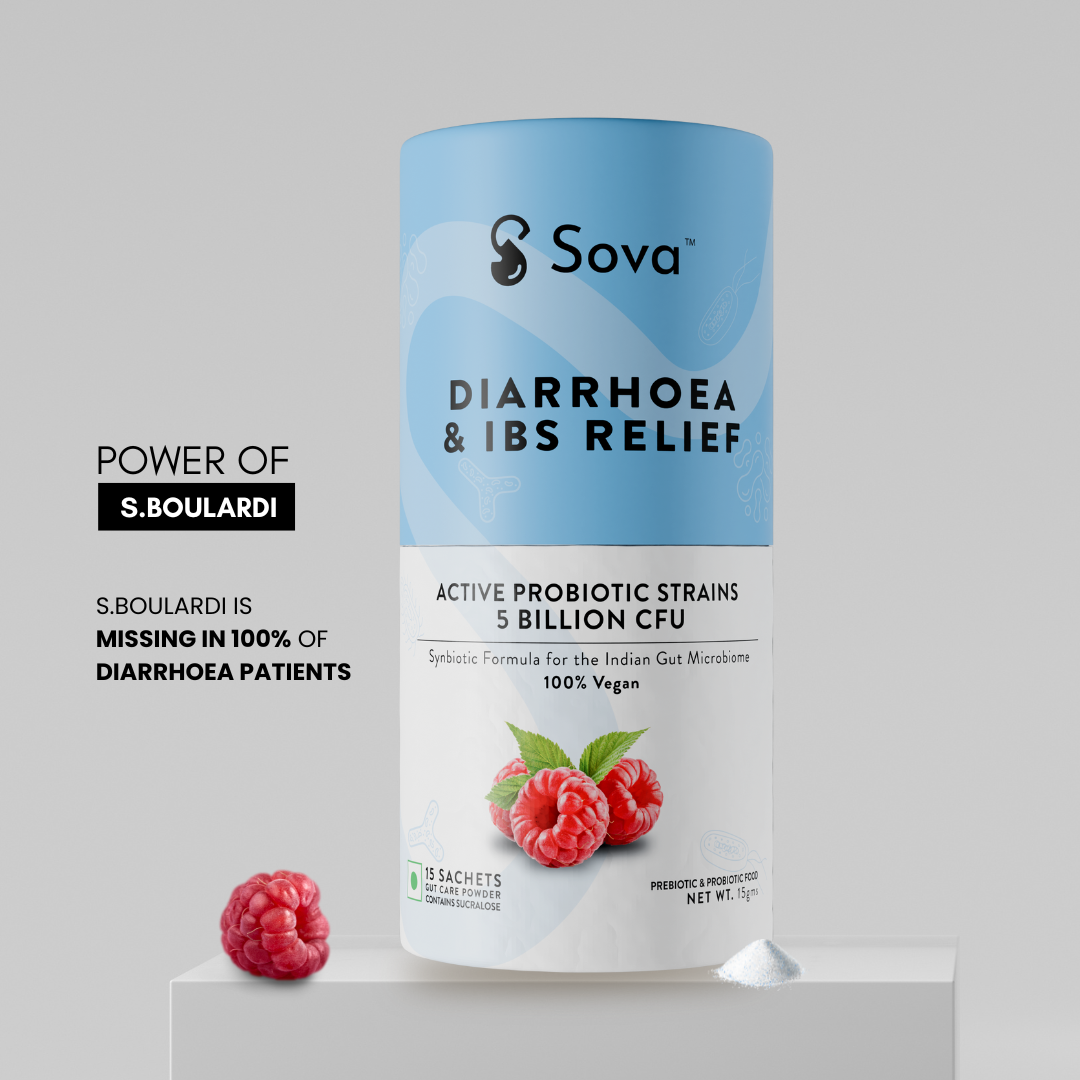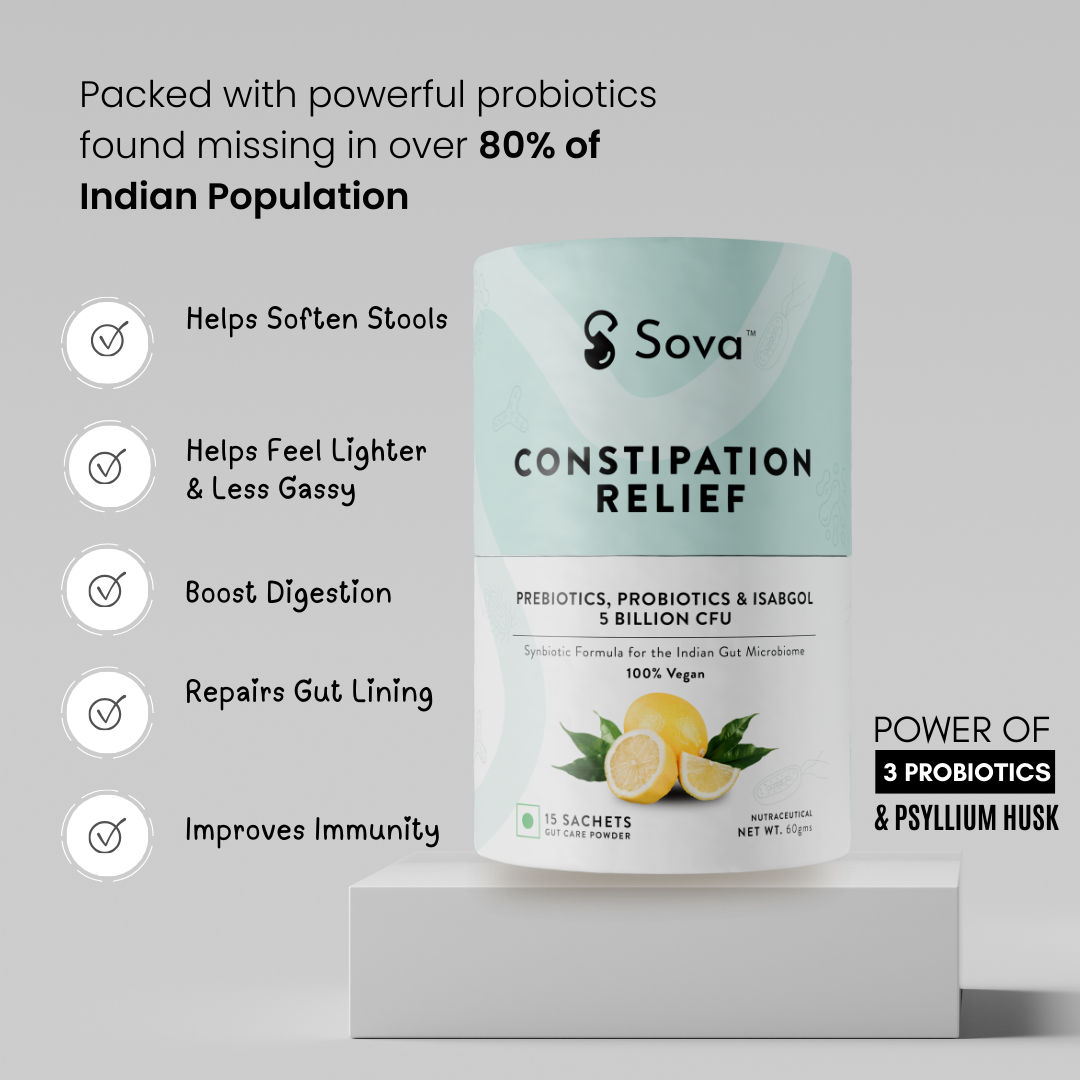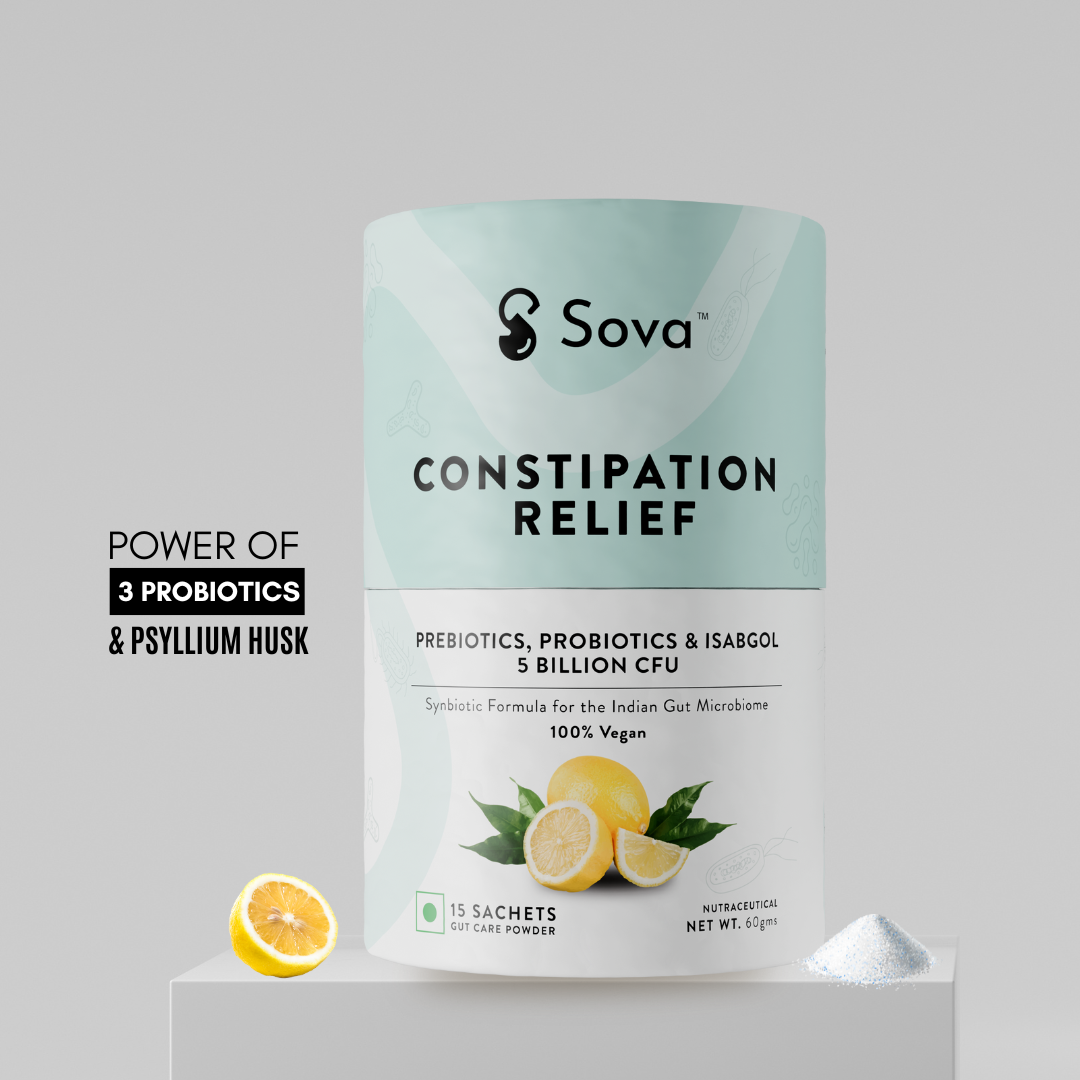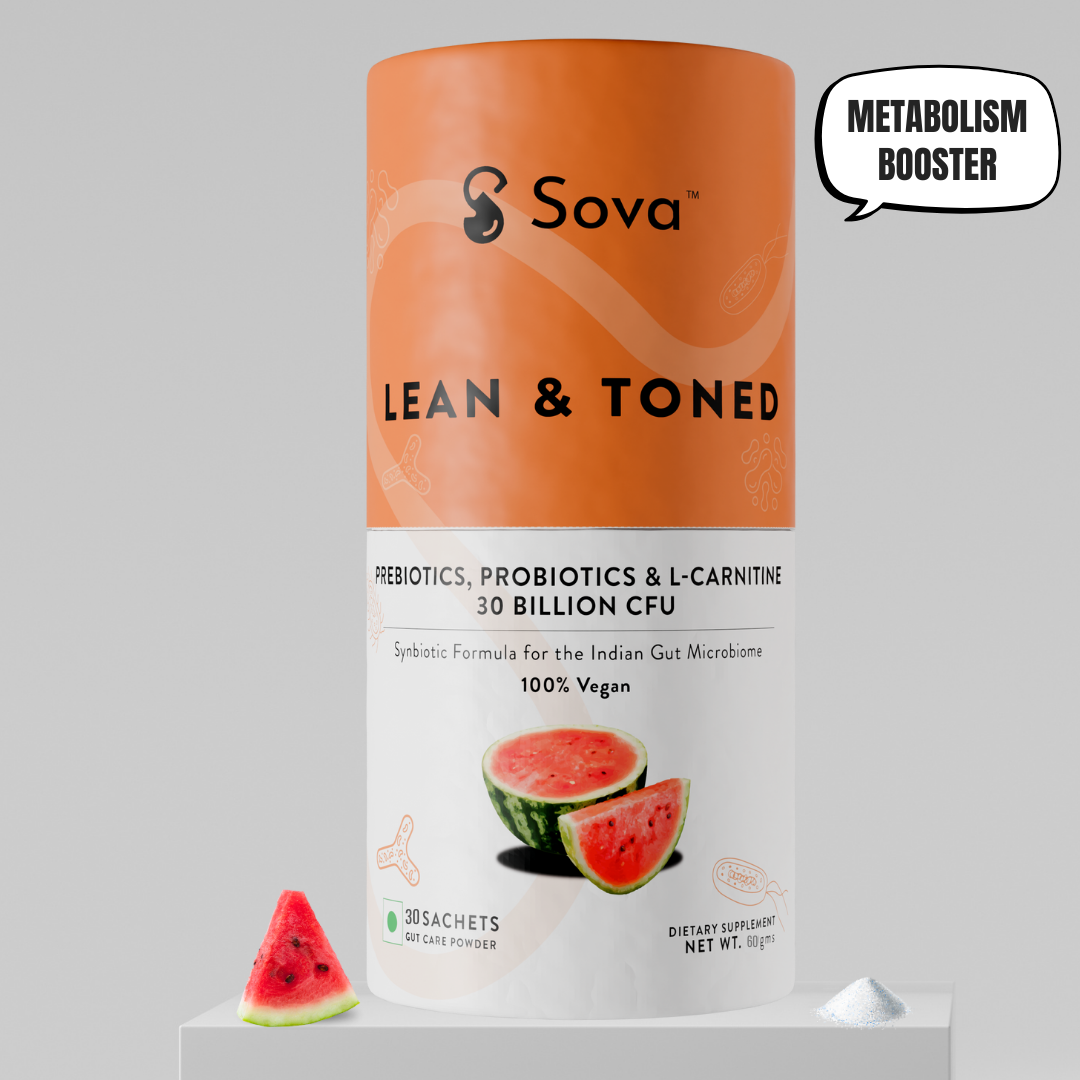Have you ever noticed that your digestion seems to fall apart during times of emotional stress? Maybe you experience bloating before a deadline or irregular bowel movements during a tough life event. This is not just a coincidence — it's often linked to a condition called dysbiosis, and one of the biggest hidden contributors is stress.
In this blog, we’ll explore how stress and dysbiosis are connected, the common dysbacteriosis symptoms you should watch out for, and the key dysbiosis causes that might be affecting your gut health more than you realize.
What is Dysbiosis?
Dysbiosis is the term used when the natural balance of your gut microbiome — the trillions of bacteria and other microbes in your digestive tract — becomes disrupted. Under normal circumstances, beneficial bacteria help you digest food, fight off infections, regulate your mood, and even boost immunity. But when the balance shifts in favor of harmful microbes, it can trigger a wide range of health issues.
How Does Stress Impact the Gut?

One of the most overlooked causes is chronic stress. When you're under stress, your body releases cortisol and other stress hormones. These hormones are great for short bursts of energy, like running from danger, but when they linger due to long-term stress, they can wreak havoc on your gut.
Here’s how stress contributes to dysbiosis:
-
Alters gut motility, leading to constipation or diarrhea
-
Increases intestinal permeability (leaky gut), allowing toxins and bacteria to pass into the bloodstream
-
Reduces microbial diversity, tipping the balance toward harmful bacteria
-
Suppresses the immune response, making the gut more vulnerable to infections
-
Disrupts gut-brain communication, affecting mood and mental well-being
Someone in our community recently asked, "Can periods of high stress cause dysbiosis?" The answer is a definite yes. Long-term stress can shift your gut microbiota, weaken your digestive barrier, and lead to inflammation — all classic hallmarks of dysbiosis.
Common Dysbacteriosis Symptoms
So, how do you know if you might be dealing with dysbiosis? The signs are often subtle at first, but can grow more disruptive over time. Some of the most common dysbiosis symptoms include:
-
Bloating and excessive gas
-
Diarrhea, constipation, or unpredictable bowel movements
-
Abdominal pain or discomfort
-
Chronic fatigue or low energy
-
Brain fog and difficulty concentrating
-
Skin issues like acne, eczema, or rashes
-
Food intolerances or increased sensitivity to certain ingredients
-
Frequent illnesses due to reduced immunity
These symptoms are often heightened during times of emotional stress, further proving the strong link between stress and dysbiosis.
Other Common Dysbiosis Causes
While stress plays a major role, it's not the only factor. Other dysbiosis causes include:
-
Antibiotic overuse kills both good and bad bacteria
-
High sugar and low-fiber diets – feed harmful bacteria and starve good ones
-
Lack of sleep disrupts your body’s natural healing processes
-
Alcohol and caffeine excess – irritate the gut lining
-
Sedentary lifestyle – slows digestion and reduces microbial diversity
When combined with chronic stress, these habits can create the perfect storm for gut imbalance.
How to Manage Stress and Support Gut Health

The good news is that you can restore balance in your gut and reduce symptoms of dysbiosis — but it starts with tackling stress at its core.
1. Practice Daily Stress Relief
-
Try meditation, deep breathing, or journaling to calm your nervous system
-
Engage in physical activity to boost endorphins and support digestion
-
Maintain regular sleep routines to reset your stress response
2. Eat for a Healthy Microbiome
-
Add probiotic foods like yogurt, kefir, kimchi, and sauerkraut
-
Feed good bacteria with prebiotic fibers from garlic, onions, oats, and bananas
-
Avoid ultra-processed foods and refined sugars that encourage harmful bacteria
3. Consider Microbiome Testing
If symptoms persist despite lifestyle changes, a gut microbiome test can give you a snapshot of what’s really happening inside. With this data, you can tailor your nutrition and supplements for more targeted gut healing.
Final Thoughts: Don't Let Stress Rule Your Gut
It’s easy to dismiss gut issues as “just stress,” but that stress may be doing more damage than you think. Chronic emotional strain is one of the leading dysbiosis causes, capable of disrupting your microbiome and triggering a cascade of uncomfortable dysbacteriosis symptoms.
The relationship between stress and dysbiosis is clear — but it’s not a dead end. By learning how to manage stress and support your gut through mindful eating and lifestyle changes, you can reverse the damage and feel better from the inside out.

